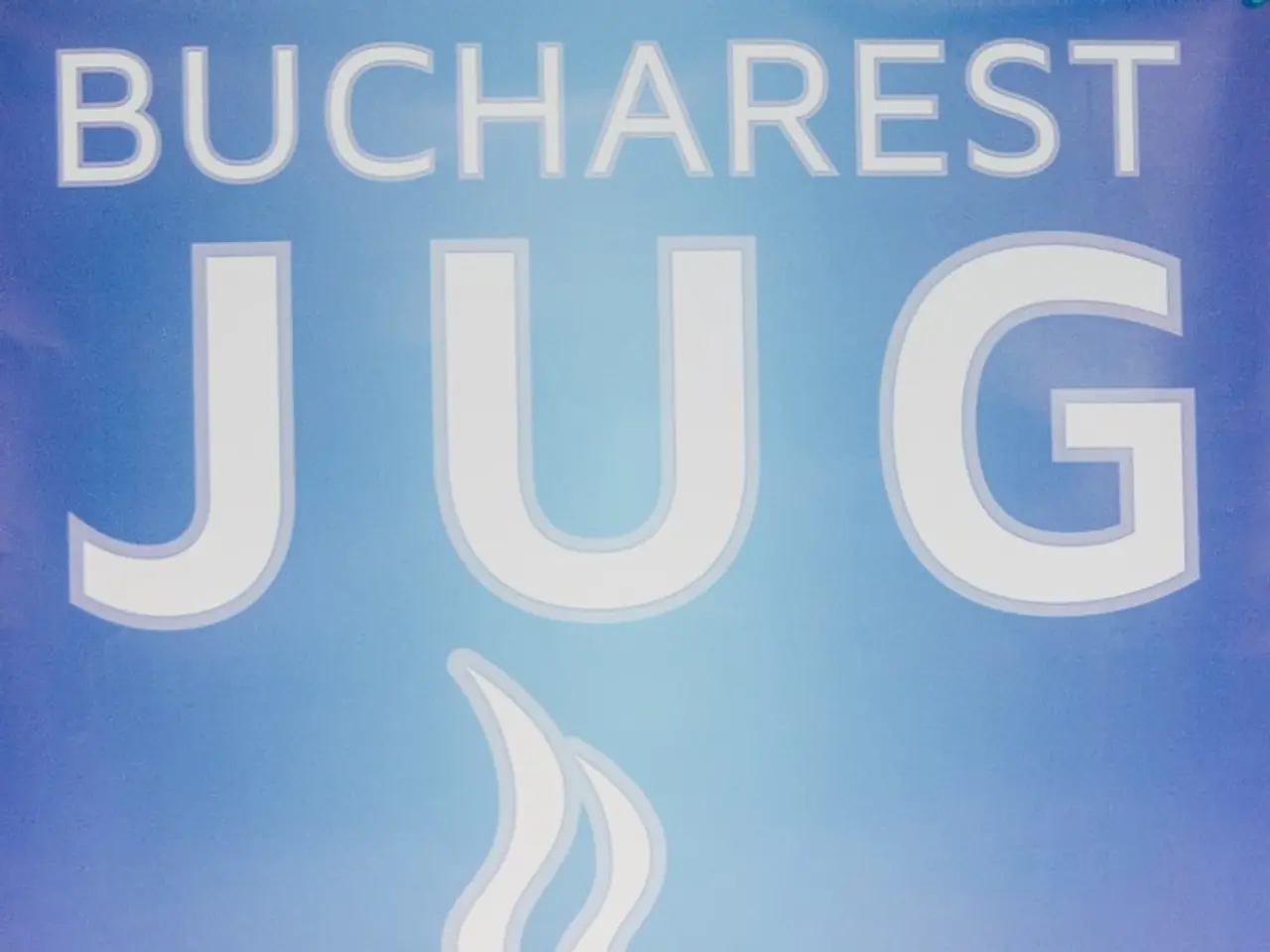EU Commission seeks explanations from Poland over accusations of misappropriation of recovery funds
=================================================================================================================
An investigation into alleged misuse of EU funds in Poland's National Recovery Plan (NRP) has been set in motion, following reports that some recovery funds were misappropriated for luxury items. The controversy, fuelled by publicly accessible data on beneficiaries, has sparked public and political outrage.
The European Commission (EC) has emphasised Poland's duty to protect the EU’s financial interests, and has requested explanations from the Polish government. If needed, the EC could escalate the assessment, involving the European Public Prosecutor’s Office and OLAF (the Commission’s anti-fraud office) in case of fraud.
The allegations centre around the misuse of approximately €1.2 billion, which was allocated to the HoReCa sector, suffering heavy pandemic losses. However, some businesses appear to have used funds on non-essential luxury items instead of recovery investments.
Poland's Prime Minister, Donald Tusk, has pledged a "zero tolerance" policy towards misuse and expects swift action, including reclaiming funds where spending lacks merit. The Polish Funds and Regional Policy Minister, Katarzyna Pełczyńska-Nałęcz, has confirmed investigations and promised any misused money would have to be returned.
The EC's spokesman, Maciej Berestecki, made these comments in an interview with Polish radio station RMF FM. The Regional Public Prosecutor's Office in Warsaw has initiated preliminary investigations into media reports of irregularities in the awarding of grants from the NRP.
In response to these issues, the Polish Enterprise Development Agency (PARP) official responsible for fund disbursement and monitoring was dismissed, as the ministry sought to reform oversight. Katarzyna Duber-Stachurska, President of the Polish Agency for Enterprise Development, was also dismissed due to doubts about how EU funds were spent.
The Polish president, Karol Nawrocki, has expressed concern about the alleged misallocation of NRP funds, stating that he does not want funds spent on saunas, solariums, and coffee machines, but rather for the benefit of Polish families. Last year, Donald Tusk's government unblocked billions of euros of frozen EU reconstruction funds for Poland.
Under the former Law and Justice (PiS) government, Poland's access to funding was blocked by the EU due to a rule-of-law dispute. The government is currently facing allegations of misspending these funds on yachts, saunas, and other luxury goods. The expenditures of companies that received EU grants allegedly included company yachts, solariums, furniture, and coffee machines.
The EC has not yet intervened directly in the matter, but has emphasised its responsibility to protect the Union's financial interests and its ability to do so if necessary. Poland qualified for almost €60 billion in funding from the EU’s Reconstruction and Resilience Fund. The EC has also stressed that it is the duty of Member States to take all appropriate measures to protect the financial interests of the Union.
The NRP details how the funds would be spent to support post-pandemic economies. On Friday, a map showing companies that had received subsidies from the European Union was published on the NRP website, sparking the initial outrage. The government is currently facing scrutiny as it prepares to submit a payment request in November for the EC to assess the projects' compliance with the NRP criteria.
- The controversy over the misuse of EU funds in Poland's National Recovery Plan (NRP) has not only sparked political outrage but also raised concerns in the general-news sector, as reports indicate that some recovery funds were misappropriated for luxury items in the business sector.
- The European Commission (EC) has highlighted the importance of safeguarding the EU’s financial interests, particularly in the realm of finance, and has emphasized its power to escalate assessments and involve the European Public Prosecutor’s Office and OLAF (the Commission’s anti-fraud office) if fraud is detected.




